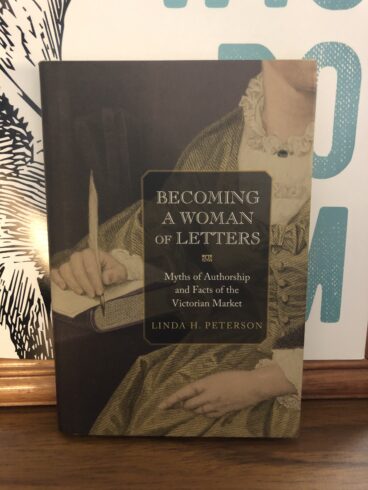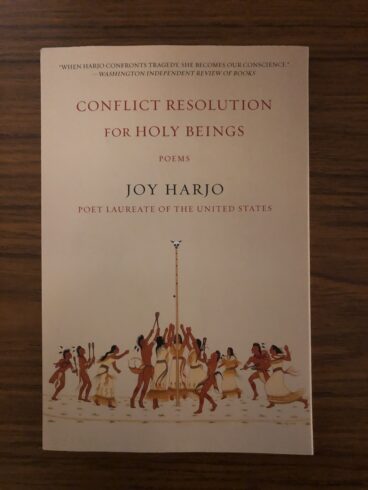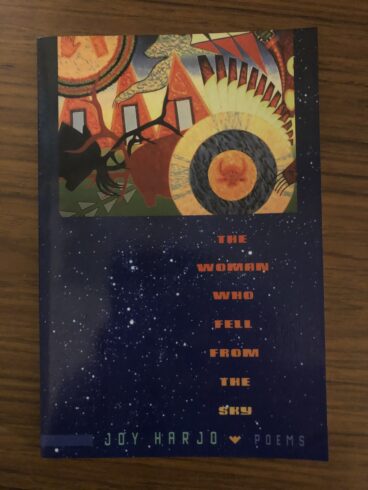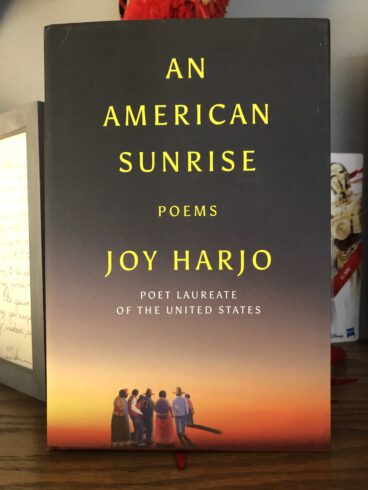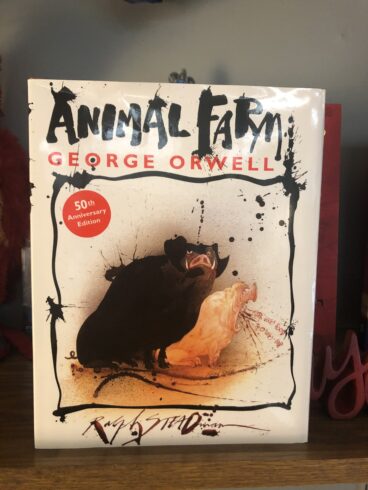
George Orwell’s 50th anniversary illustrated edition of a farm that is taken over by its overworked, mistreated animals. With flaming idealism and stirring slogans, they set out to create a paradise of progress, justice, and equality. Thus the stage is set for one of the most telling satiric fables ever penned –a razor-edged fairy tale for grown-ups that records the evolution from revolution against tyranny to a totalitarianism just as terrible. Orwell’s famous satire of the Soviet Union, in which “all animals are equal but some animals are more equal than others.”
Call Number: 829.143078 A598 1995

